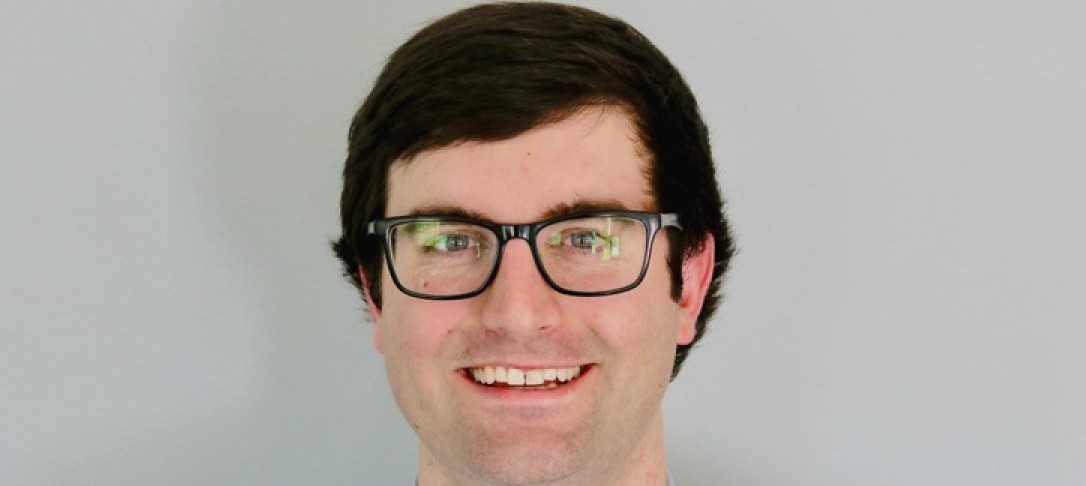
Abstract: Due to its high strength and good corrosion resistance, the precipitation-hardened, martensitic stainless steel 17-4PH is widely employed in aggressive operating environments across the marine, petrochemical, nuclear, and aerospace sectors. While 17-4PH has a long history in its conventional wrought form, there is increased interest in leveraging additive manufacturing (AM) processes to fabricate 17-4PH components. However, it is well-established that wrought 17-4PH is susceptible to hydrogen environment-assisted cracking (HEAC) when immersed in aqueous chloride environments and exposed to cathodic polarization. Moreover, literature demonstrates that the HEAC susceptibility of wrought 17-4PH is heat treatment-dependent, indicating an important role of alloy microstructure. Given the likelihood that microstructural variations will be induced by the AM process, it is critical that the HEAC susceptibility of AM 17-4PH relative to wrought 17-4PH be understood. However, studies on the HEAC behavior of AM 17-4PH are highly limited to-date.
In this study, the hydrogen environment-assisted cracking (HEAC) behavior of additively manufactured (AM) and wrought 17-4PH stainless steel heat treated to exhibit similar microstructure and yield strength is assessed through fracture mechanics-based testing conducted in 0.6 M NaCl at an applied potential of -1.1 VSCE (vs. saturated calomel). Results demonstrate that the HEAC susceptibility of the AM 17-4PH is notably increased relative to comparable wrought material. These data are coupled with measured hydrogen-metal interaction parameters and microstructural observations for each alloy to understand the origins of the increased susceptibility. Results collectively suggest that sub-micrometer porosity present in the AM material provides a primary contribution to the observed degradation in HEAC resistance. The mechanistic basis for the influence of porosity is considered in the context of an existing model for HEAC. The implications of these findings on the broader AM community are then discussed.
Short bio: Zachary Harris is an Assistant Professor in Mechanical Engineering and Materials Science Department at the University of Pittsburgh, where he also serves as the Director of the Materials Metrology, Characterization, and Learning (MMCL) Laboratory. Prior to Pitt, he was a Research Scientist within the Center for Electrochemical Science and Engineering at the University of Virginia. He received his B.S. in Mechanical Engineering from Boise State University and his Ph.D. in Materials Science and Engineering from the University of Virginia. His research interests are focused on understanding the effect of aggressive environments on the fatigue, fracture, and mechanical behavior of structural materials.


